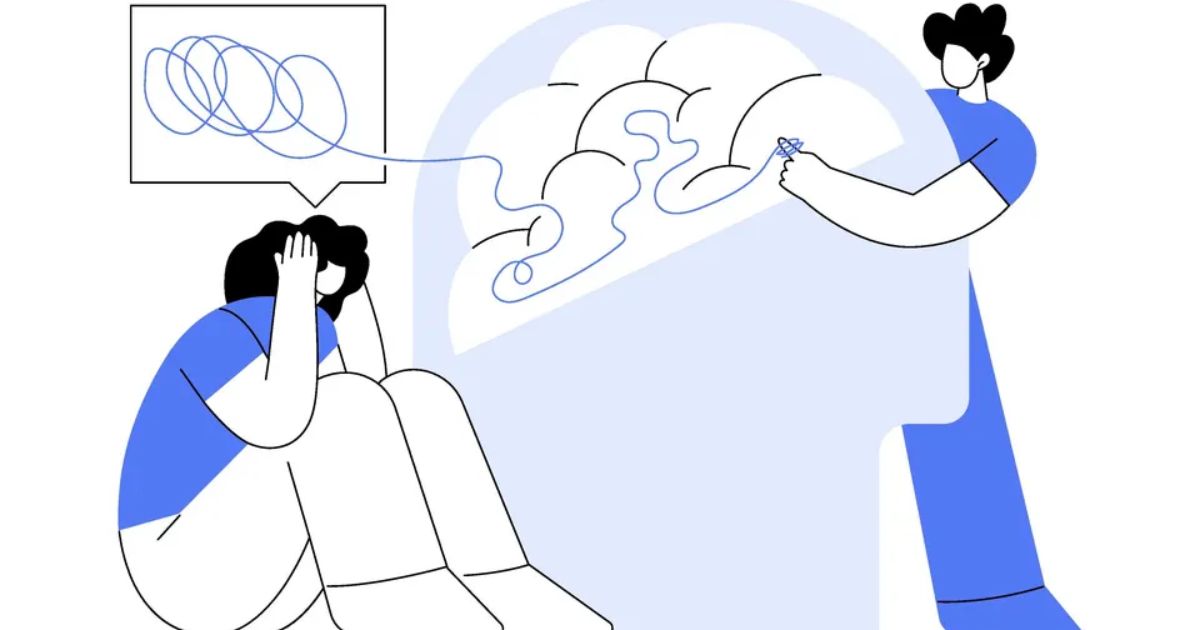In relationships with narcissistic behavior, gaslighting is one of the manipulative psychological tricks used.
In this type of manipulation, people who are self-obsessed make others question their ability to remember, think straight or determine what is real.
Unmasking Gaslighting: Language of Manipulation
The common phraseology that gaslights victims encompass various tactics of disorientation and control.
Dr. Rachna K Singh gives an insight into the top ten statements that narcissists use to manipulate people.
1. “You’re just too sensitive.”
The aim of this strategy is to invalidate your emotions, making you wonder if you are being too emotional.
Doubt about the validity of your reactions causes individuals to be unclear on what they feel in relation to certain situations.
2. “That never happened, you’re imagining things.”
A seed of doubt is planted within you by this method when they refuse to recognize some events or memories.
Thus, making you raise questions about your memory and perception of what actually happened.
This strategy leaves you with doubt as to whether your recollections are accurate or valid and unsure about the dependability of your own comprehension of past occurrences.
3. “You’re overreacting.”
Your emotions will be seen as questionable if you downplay or devalue them, suggesting that you are unsure if your feelings are real or genuine.
Consequently, it leaves you asking yourselves whether there was any logic in reacting the way you did.
4. “You’re crazy or paranoid.”
This behavior creates an environment where you may begin to doubt your own sanity by treating your concerns as irrational and potentially dangerous.
They undermine the legitimacy of your worries, making you question the rationality of your thoughts and feelings, fostering an atmosphere where your mental stability is called into question.
5. “You’re just trying to get attention.”
Labeling your behavior as attention-seeking diminishes the seriousness of your feelings or experiences, like struggles with depression or tendencies towards suicidal thoughts.
This categorization undermines the depth and gravity of your emotions, trivializing significant mental health issues and can contribute to invalidating your genuine distress or concerns.
6. “I never said/did that. You must be making it up.”
Directly changing what was actually said create doubts about one’s recollection of events.
7. “You’re the one who’s always causing problems.”
Transferring blame to you ultimately results in self-doubt as to what part you play in conflicts.
8. “You’re just too insecure/jealous.”
Exploiting and magnifying vulnerabilities and insecurities of a person, this manipulation makes a person feel even more inadequate, thus causing feelings of reduced self-esteem or internal instability.
It exploits such weaknesses, escalating emotional turmoil and putting down one’s confidence and assurance further.
9. “You’re being too dramatic.”
By making your emotions seem excessive, it leads to questioning the validity of your emotions.
10. “You’re just being too difficult.”
When the focus is shifted towards your behavior, then you start questioning yourself and actions.
More Gaslighting Phrases That Go Unnoticed
Among other subtle harmful expressions employed by narcissists are:
- “You’re crazy.”
- “You’re too sensitive.”
- “No wonder nobody else likes you.”
- “My friends hate you, but I always defend you and have your back.”
- “You’re so insecure.”
- “What’s wrong with you?”
- “Aren’t I more important to you than your friends?”
- “Your tears won’t work on me. Why are you crying?”
- “You’re being so manipulative.”
Unveiling the Psychological Impact of Gaslighting
Gaslighting, as a widespread form of manipulation, inflicts deep psychological and emotional wounds in victims.
This knowledge helps individuals recognize manipulative behavior and safeguard their well-being.
In such relationships, seeking help from trusted friends, family or mental health professionals is critical in navigating these complicated dynamics.
- Protecting Yourself: Steps to Combat Gaslighting in Relationships
- Educate Yourself: The first step in protecting against manipulation is understanding gaslighting tactics and red flags.
- Trust Your Instincts: Instead of doubting yourself, if something seems off or manipulative, go with your gut feelings.
- Seek Support: Turn to trusted ones for advice and moral support. Professional help can offer guidance on how to handle the complexities of gaslighting.
- Set Boundaries: Create clear boundaries that will protect oneself from emotional manipulation and gaslighting tactics.
- Focus on Self-Care: Engaging in activities that enhance mental and emotional well-being builds resilience against manipulation techniques.
In conclusion, mental health of an individual can be seriously affected by gaslighting which is a dishonest tactic employed by narcissists.
Awareness about gaslighting statements and finding support from others is crucial for one’s protection from such deceptive tricks.
Individuals who become self-awareness as well as seek assistance can break out of this cycle of manipulation and take their lives back in relationships.










